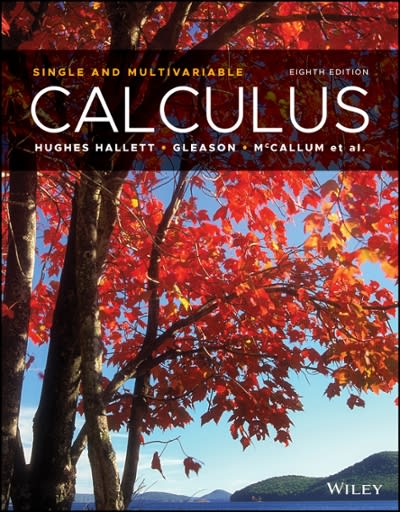Question
A 2012 poll carried out by Ipsos Reid in found that 42% of Canadians, who live outside of Quebec , believe Quebec will separate from
A 2012 poll carried out by Ipsos Reid in found that "42% of Canadians, who live outside of Quebec, believe Quebec will separate from Canada at some point in the future." A pollster wishes to see if this sentiment is still present for Canadians who live outside of the province of Quebec.
a. The pollster has determined that they are going to randomly sample n=1426 Canadian residents who are not residents of Quebec in an attempt to estimate p - the proportion of all Canadians who live outside of Quebec ("Rest of Canada") - who believe that Quebec will separate from Canada within the next 10 years. Describe the distribution of p^, the proportion of n=1426 randomly chosen Canadians who live outside of Quebec who believe Quebec will separate from Canada within the next 10 years. (Ensure that your description provides a (i) distribution shape (ii) a balancing point and (iii) a measure of spread.)
b. A recent poll1 of n=1426 Canadians who are not residents of Quebec was taken. Of these, 541 thought that Quebec will separate from Canada in the next 10 years (356 indicated "might happen"; 128 responded "likely to happen"; 57 indicated "definitely will happen"). The sample proportion is computed to be p=541/1426=0.3794 Under the condition of the 2012 poll result, how likely is it for another random sample of n=1426 Canadians (who reside outside of Quebec) to produce a sample proportion that is at most as 0.3794?
Step by Step Solution
There are 3 Steps involved in it
Step: 1

Get Instant Access to Expert-Tailored Solutions
See step-by-step solutions with expert insights and AI powered tools for academic success
Step: 2

Step: 3

Ace Your Homework with AI
Get the answers you need in no time with our AI-driven, step-by-step assistance
Get Started


